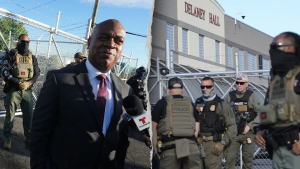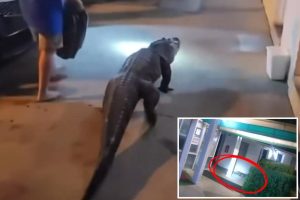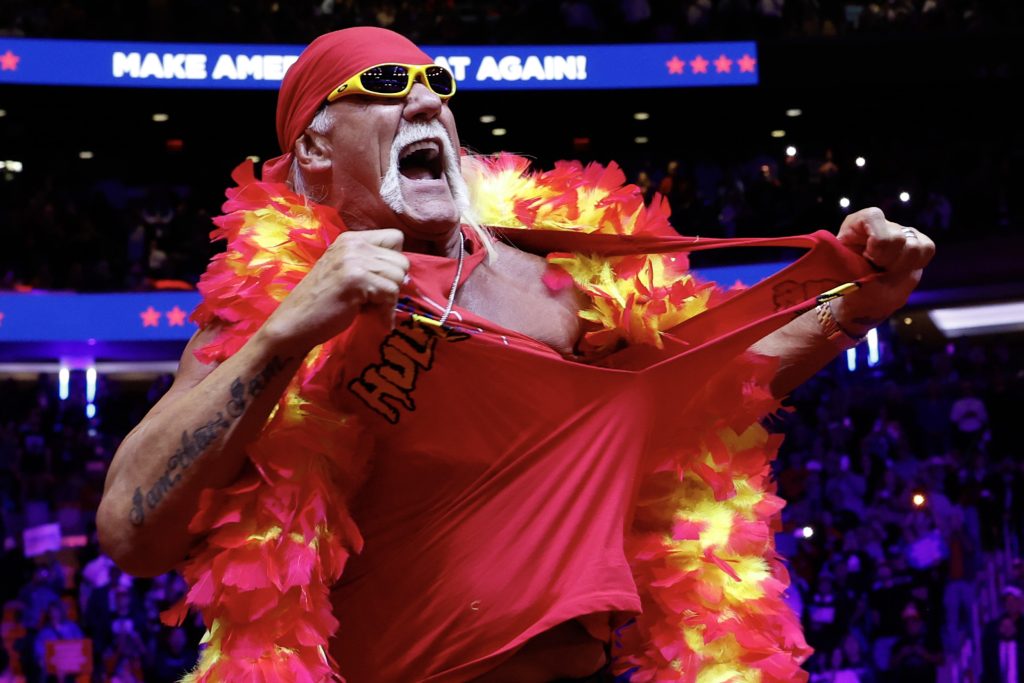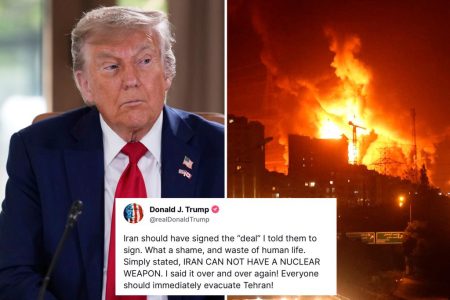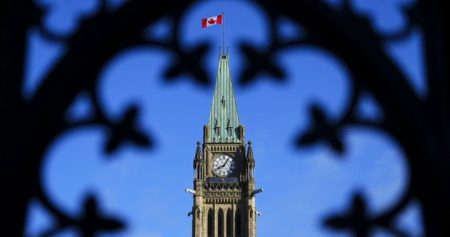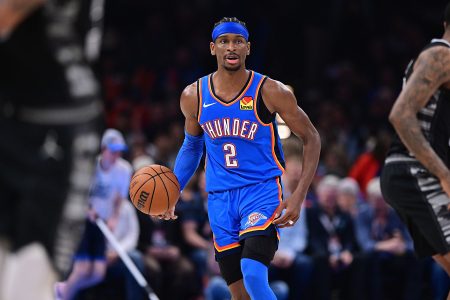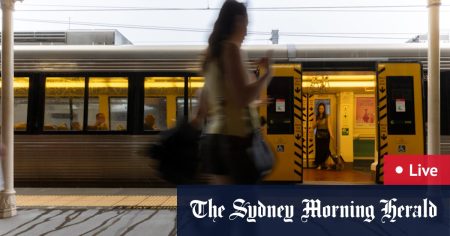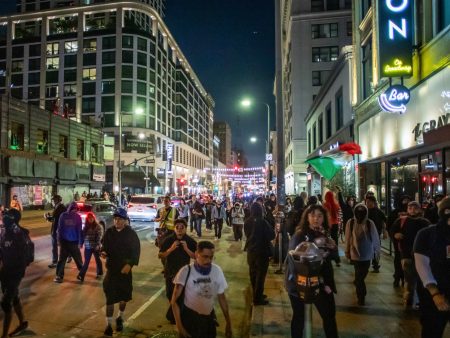The debut of Monday Night Raw on Netflix, a landmark event for professional wrestling, was largely met with enthusiasm. Four captivating matches, a star-studded audience, and the surprise return of several wrestling legends created a palpable buzz. Yet, amidst the excitement and nostalgia, one particular moment unexpectedly soured the atmosphere. Hulk Hogan, arguably the most recognizable name in professional wrestling, received a decidedly frosty reception from the Los Angeles crowd, marking a potential turning point in the perception of the iconic wrestler. This incident raises questions about the enduring legacy of Hulkamania and the factors contributing to this shift in public opinion.
Hogan’s appearance began promisingly. The familiar strains of “Real American” echoed through the arena, and the crowd erupted as Jimmy Hart, waving the American flag, led the Hulkster to the ramp. The initial euphoria, however, quickly dissipated as Hogan began promoting Netflix and his new beer, Real American Beer. The cheers morphed into a chorus of boos, increasing in intensity with every word Hogan uttered. This negative reaction was further emphasized by WWE’s social media strategy, which showcased only Hogan’s entrance and omitted any footage of his subsequent promo. This deliberate choice suggests an awareness within WWE of the audience’s sentiment and perhaps a desire to distance themselves from the negative response.
The incident sparked speculation about the reasons behind the crowd’s reaction. Given the event’s location in the liberal city of Los Angeles, some attributed the booing to Hogan’s well-documented support for former President Donald Trump. This theory, however, doesn’t hold water when considering the positive reception given to another Trump supporter, The Undertaker, who appeared later in the evening to congratulate Rhea Ripley on her Women’s World Championship victory. The Undertaker, who has publicly endorsed Trump and even hosted him on his podcast alongside Glenn Jacobs (Kane), was met with cheers and applause, demonstrating that political affiliation alone doesn’t explain the crowd’s animosity towards Hogan.
The stark contrast between the reception of Hogan and The Undertaker suggests that the issue is more nuanced than simply political differences. Hogan’s past controversies, including racist remarks that led to his temporary banishment from WWE, likely played a significant role in the audience’s reaction. Despite his subsequent reinstatement and apologies, the damage to his reputation seems to linger, demonstrating the long-lasting impact of such incidents. The booing may represent a collective refusal to fully embrace the nostalgia associated with Hogan, acknowledging the complexity of his legacy and the ongoing conversation surrounding accountability in public figures.
Furthermore, Hogan’s persistent self-promotion, particularly during this appearance, may have contributed to the negative sentiment. While the promotion of Netflix and his beer was ostensibly part of his role that night, it came across as opportunistic and out of touch, especially given the celebratory atmosphere of the event. The audience, perhaps seeking a genuine moment of nostalgia, perceived Hogan’s actions as prioritizing personal gain over a genuine connection with the fans. This perceived lack of sincerity could have exacerbated the existing negative feelings towards him, fueling the booing and demonstrating a growing fatigue with the Hulk Hogan persona.
In conclusion, the incident at the Netflix Raw debut highlights a complex interplay of factors that contributed to Hulk Hogan’s negative reception. While political differences might have played a minor role, the overarching sentiment seems to stem from a combination of past controversies, perceived insincerity, and a growing disillusionment with the carefully constructed image of Hulkamania. The crowd’s reaction signifies a potential shift in the public’s perception of Hogan, suggesting that his iconic status may no longer shield him from the consequences of his actions and words. The incident serves as a reminder that even the most celebrated figures are not immune to public scrutiny and that maintaining goodwill requires more than just past achievements. The booing may represent a turning point in Hogan’s legacy, signaling a reckoning with the complexities of his past and the evolving expectations of fans in an increasingly aware and critical culture.
